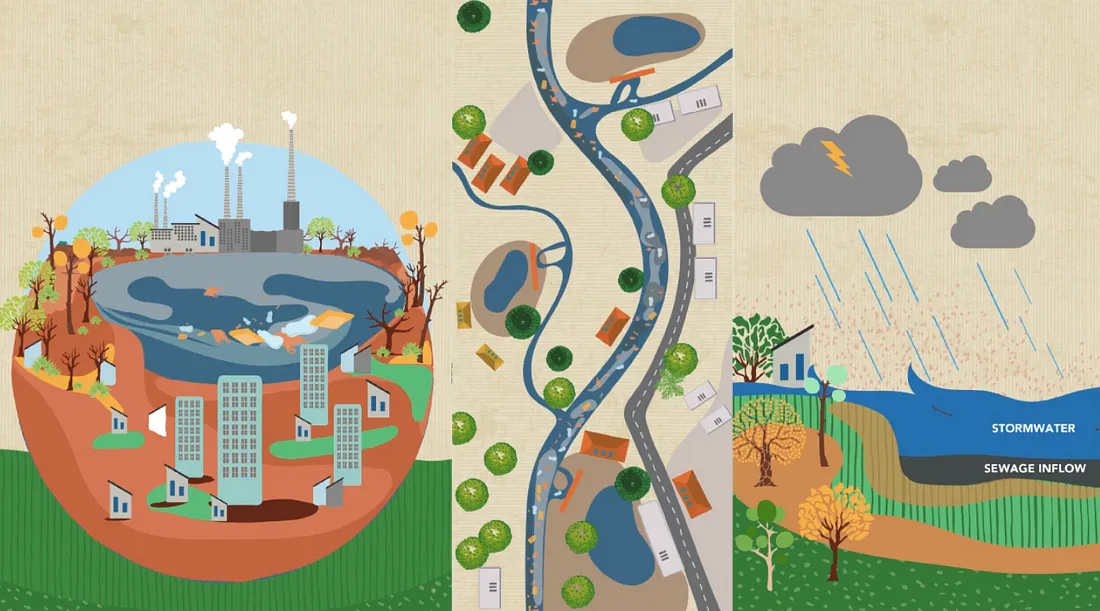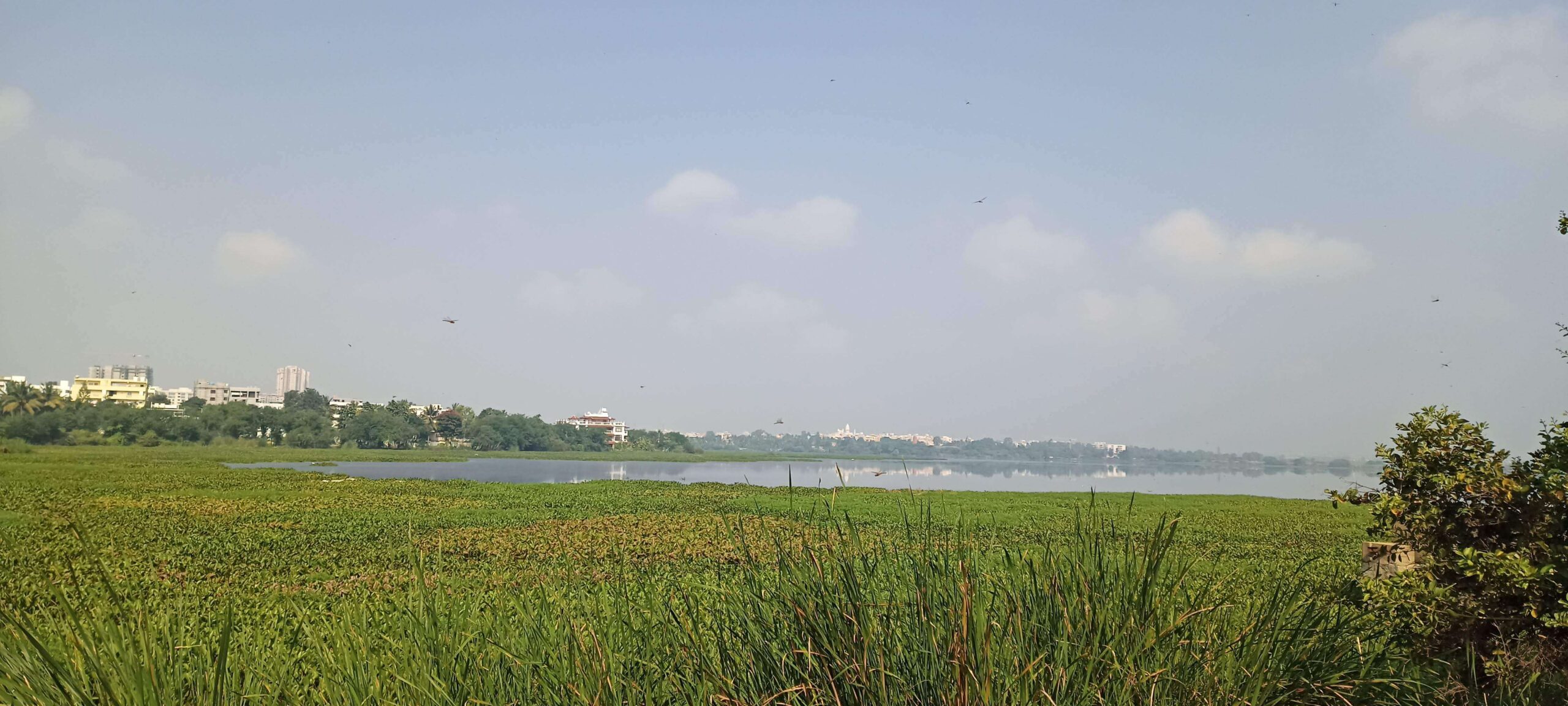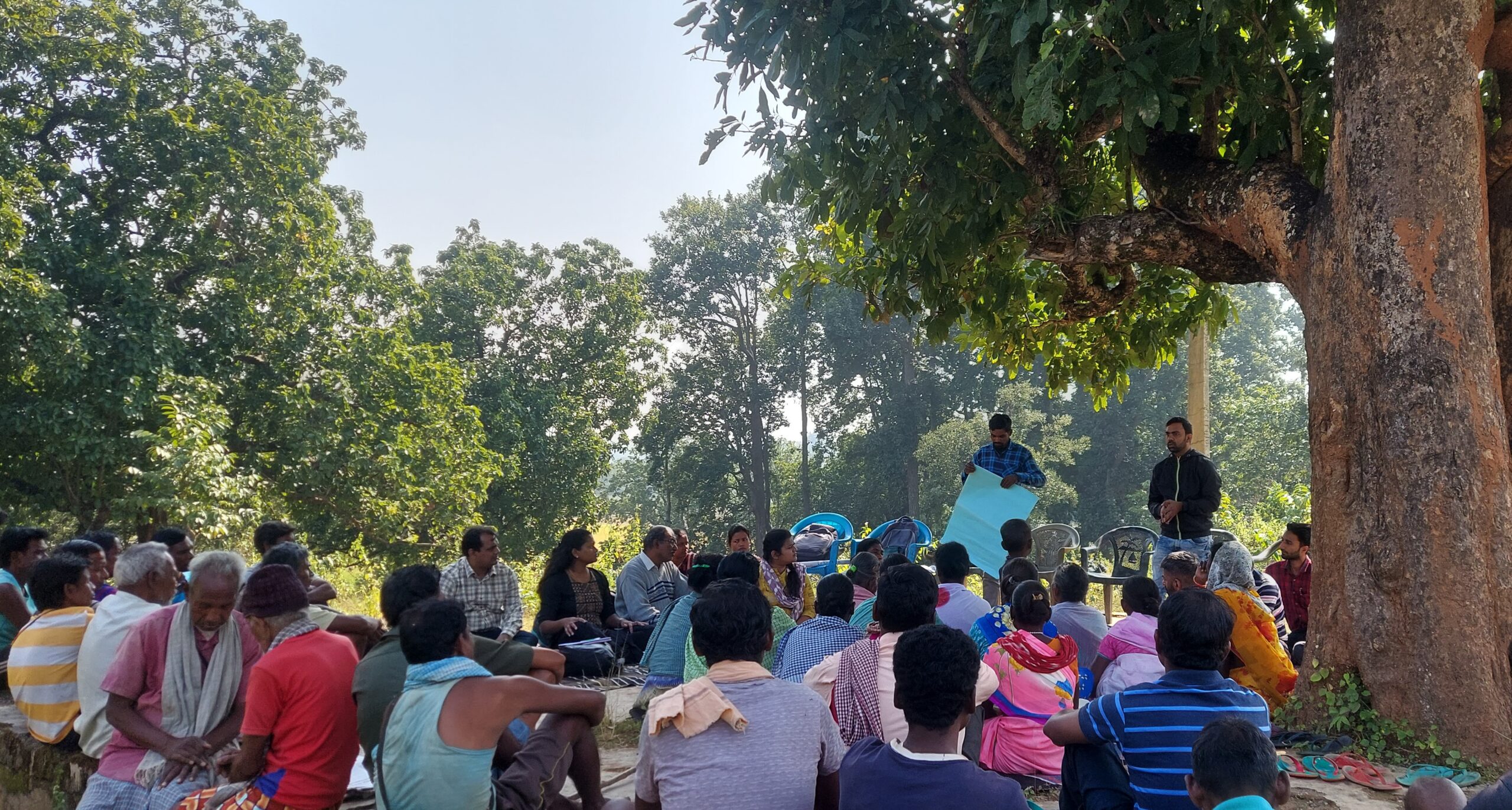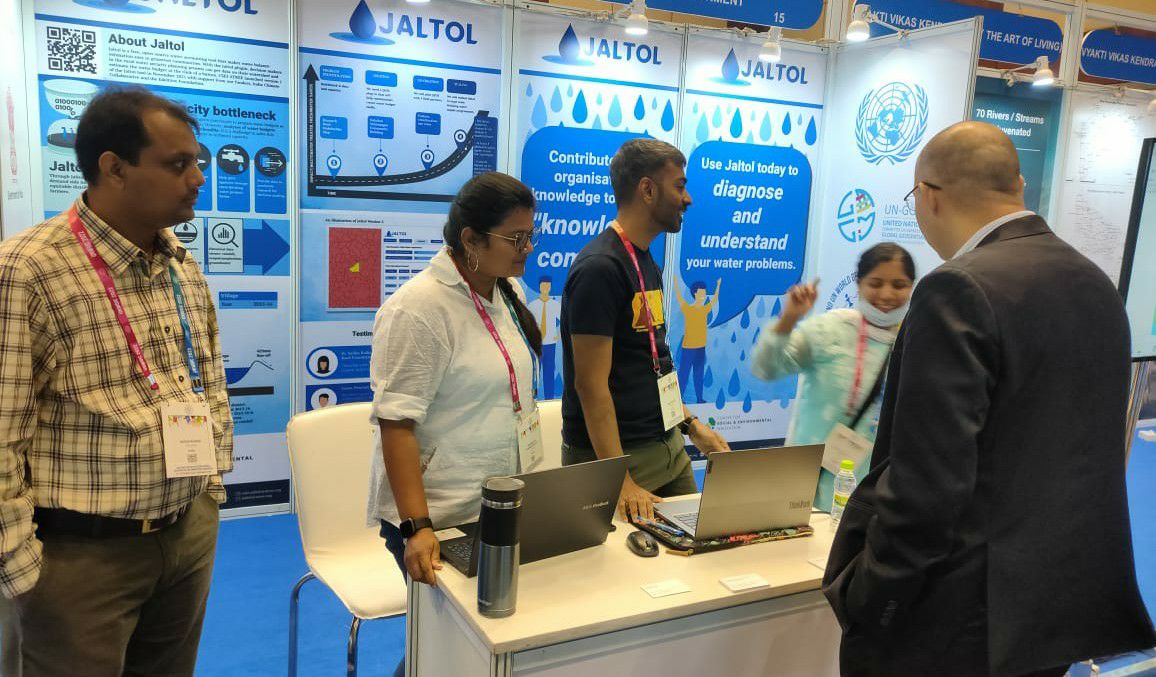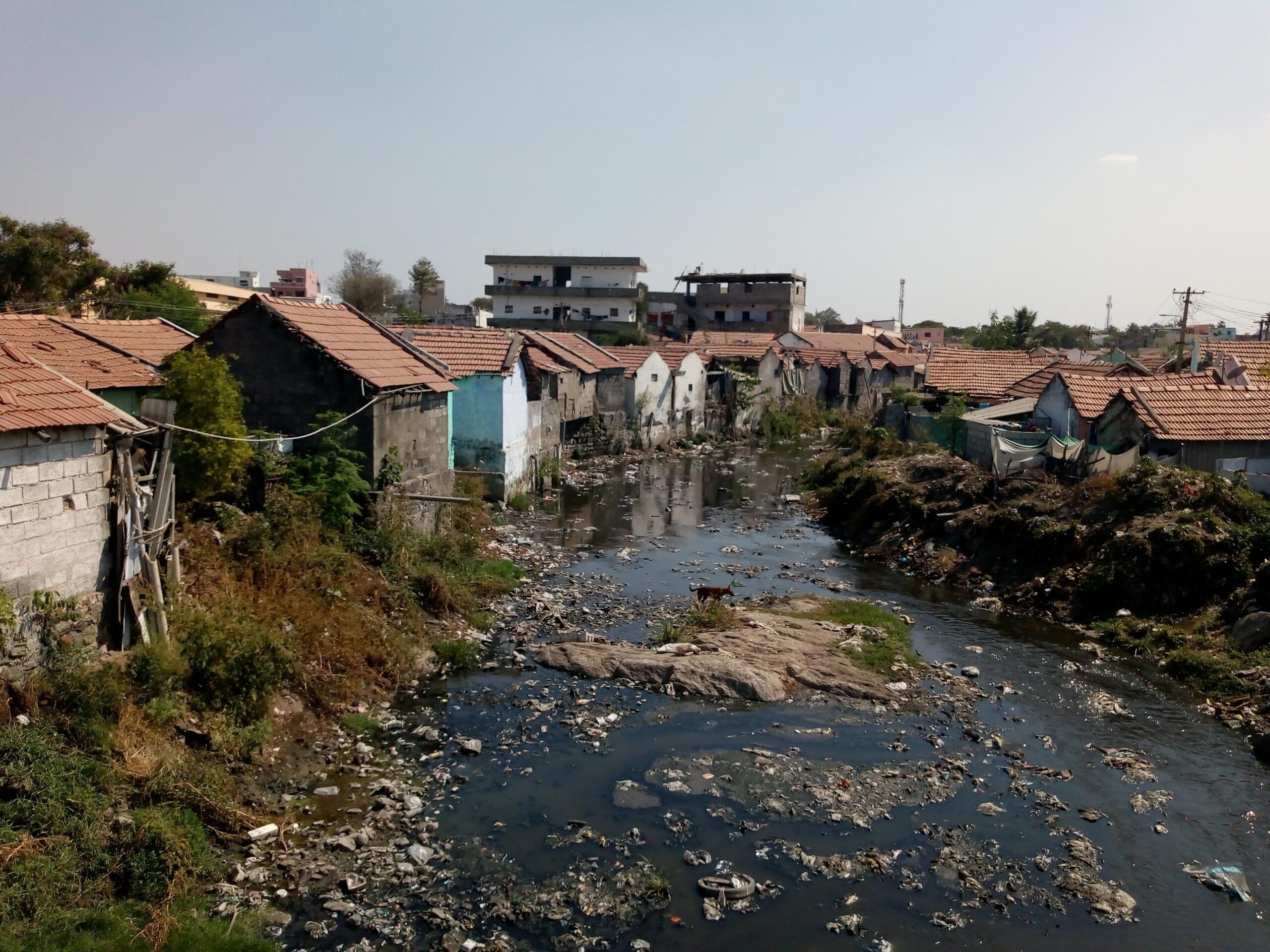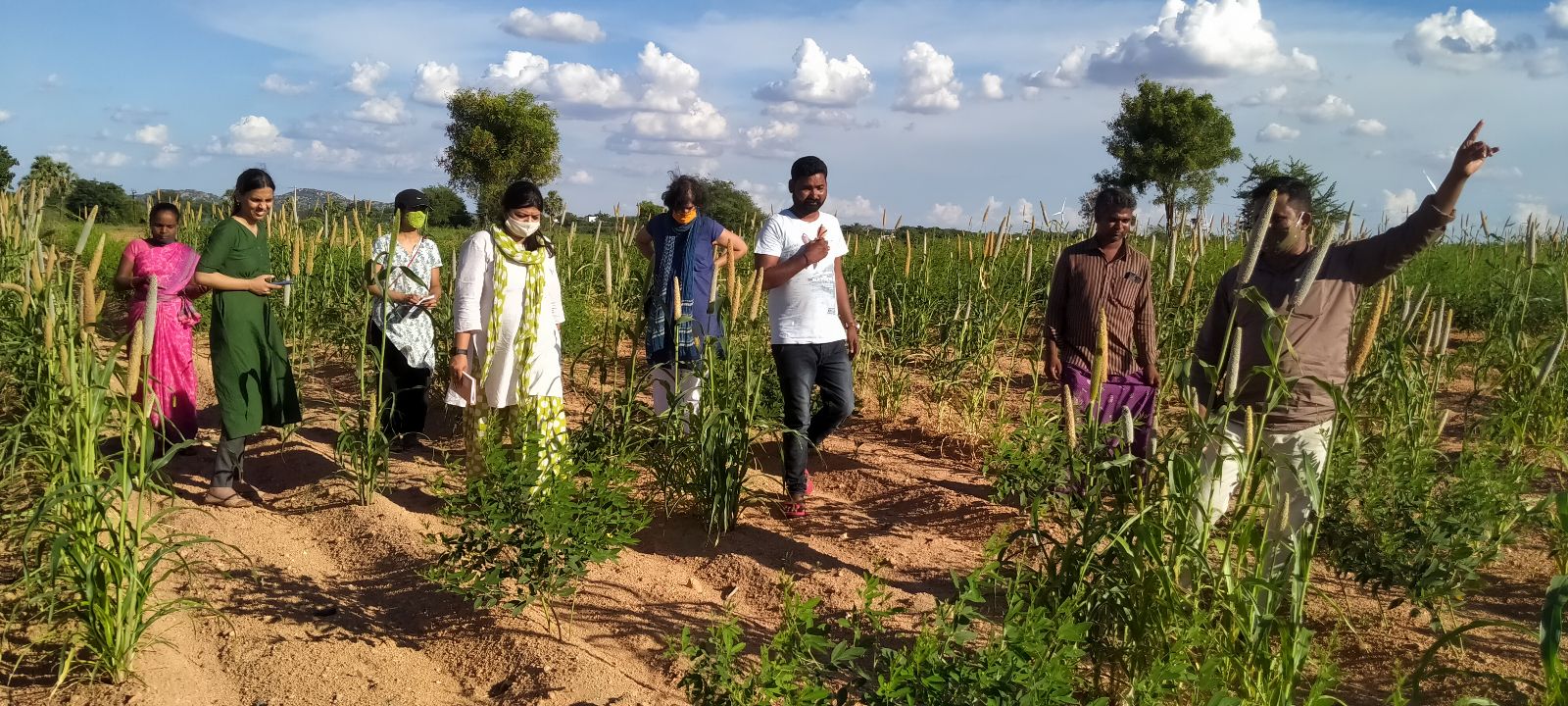What We Learnt from the Water Reuse Project in 2023
This is the second blog of a two-part series. Read the first part here.
WELL Labs has partnered with the Swiss Federal Institute of Aquatic Technology (Eawag) on the Water Reuse Lab project to study decentralised wastewater treatment and reuse and enable their adoption in Bengaluru. As the year draws to a close, we would like to share project highlights and our learning from the past year.
Project Milestones
Conference on Building Water-Resilient Cities: Strategies for Wastewater Reuse in Urban India
WELL Labs organised the conference along with Eawag and the Bangalore Apartments’ Federation. It brought together diverse stakeholders in the domain of water management and urban planning to facilitate cross-learning, effectively diagnose problems, and transform systems.
Surveys and In-depth Interviews
We conducted surveys with Resident Welfare Associations and operators of on-site sewage treatment plants (STPs) at 35 apartments in Yelahanka, Bengaluru to understand their capacity, operations and maintenance, running costs, water quality, challenges, and people’s perceptions. An understanding of these is essential for effective compliance with the government’s mandate of zero liquid discharge, which doesn’t permit the release of treated wastewater into the Bangalore Water Supply and Sewerage Board’s underground drain network or the municipality’s stormwater drains.
We also conducted 30 in-depth interviews with water consumers, regulators, and businesses to identify the challenges and opportunities in the wastewater reuse sector.
Policy Review and Stakeholder Analysis
We analysed 40 policies and regulations of the Government of India (such as the National Water Policy 2012), Government of Karnataka (for example, Directions Under section 33A of Water Act 1974, KSPCB 2017) and city-level bodies (such as the Bangalore Sewage [Amendment] Regulation, 2018) and catalogued stakeholders at all levels. This exercise culminated in a Policy Coherence Workshop on November 3, 2023. We shall publish our findings as a working paper on Wastewater Reuse Governance in Bengaluru in 2024.
With multiple government bodies overseeing different aspects of urban water management, such a comprehensive analysis is essential to identify barriers and enablers of decentralised wastewater treatment and reuse.
Challenges and Insights
While we made significant progress over the past year, there were challenges too. Our conferences, workshops, and surveys also helped us gain a better understanding of the wastewater ecosystem.
1) Bringing together a diverse range of stakeholders in the wastewater sector, some of whom have limited interaction with others, can help uncover gaps and opportunities.
In our conference on Building Water-Resilient Cities a significant bottleneck to wastewater reuse in the real-estate sector emerged: the absence of standards and protocols. The Karnataka State Pollution Control Board (KSPCB) suggested a potential resolution by engaging the Bureau of Indian Standards (BIS) to formulate guidelines for wastewater reuse in construction. Other stakeholders underscored the importance of incorporating such standards into building codes.
Many participants of the conference were also glad for a forum to air their differing viewpoints and work towards a consensus. Some, such as Dr Ananth S Kodavasal, Director, Ecotech Engineering, and Mr Satish Mallya, Joint Secretary and Governing Council Member, Bangalore Apartments’ Federation, emphasised the need for more such gatherings to continue the discussions and collectively raise and resolve issues related to wastewater treatment and reuse. Others voiced the need for more targeted sub-forums, such as to promote collaboration between wastewater vendors and resident welfare associations.
2) The key issue in decentralised wastewater treatment is determining the optimal scale for effective treatment.
While advancements in technology have made quality treatment possible at various scales, the costs tend to be lower at larger scales. This is due to certain fixed costs, such as salaries, which do not fluctuate significantly across different sizes of treatment plants. For instance, a system with a capacity of 50 kilolitres per day requires the same skilled operator as a plant treating 200 kilolitres per day.
However, it remains worthwhile to explore which technologies could be most efficient at smaller scales (<50 kilolitres per day). These are better suited for passive, nature-based solutions, which, in turn, may alleviate some of the electricity and chemical costs associated with other systems.
Moreover, while this question holds theoretical value for most cities, Bengaluru already boasts over 1,800 small-scale treatment plants, predominantly in apartments. Therefore, devising business models that render them economically viable is crucial to ensure their long-term maintenance.
3) There was an interest in wastewater reuse from unexpected domains.
After the conference on Building Water-Resilient Cities, The Institution of Engineering and Technology invited Ms Shreya Nath, Managing Partner, Urban Water programme for a roundtable discussion on New Energies for a New India on November 6, 2023.
The discussion centred around alternative fuels like Green Hydrogen, which are water-intensive, and how wastewater reuse could help reduce their water footprint, among other topics.
The Way Forward
As 2023 ends, we shall move from a problem-identification and analysis mindset to devising and identifying solutions. Over the next year, we are looking forward to achieving these milestones:
1) Building a list of reuse options for excess wastewater in the industrial and commercial sectors.
2) Developing industry standards for wastewater reuse in construction.
3) A scenario workshop to analyse the potential future outcomes of different water management models for Bengaluru and explore opportunities for action.
4) Developing technological solutions to build trust in wastewater reuse among apartment residents and businesses
If you work in the domain of wastewater treatment and reuse, we would love to hear from you! Do share your thoughts on our work and insights here.
With inputs from Shashank Palur
Edited by Saad Ahmed
Uploaded by Choppakatla Lakshmi Pranuti
If you would like to collaborate, write to us. We would love to hear from you.
Follow us and stay updated about our work:

